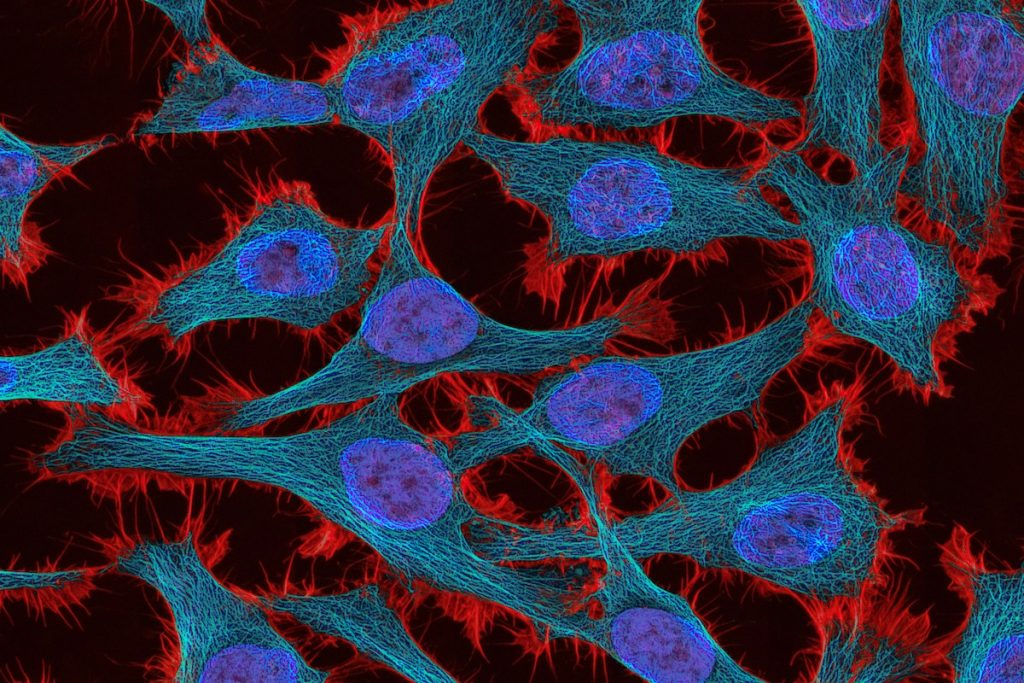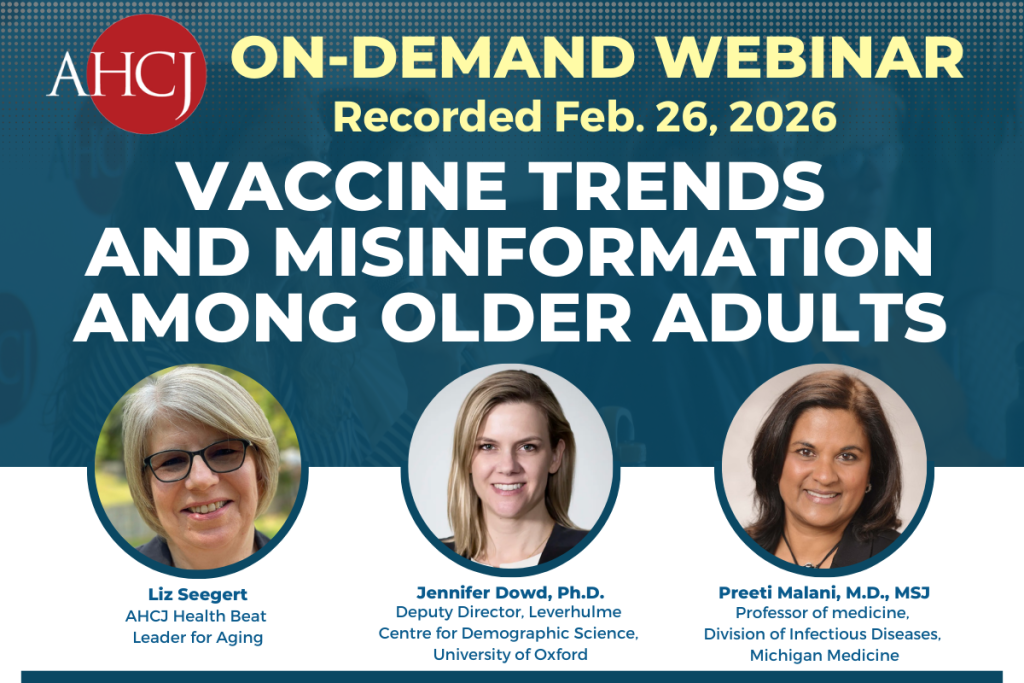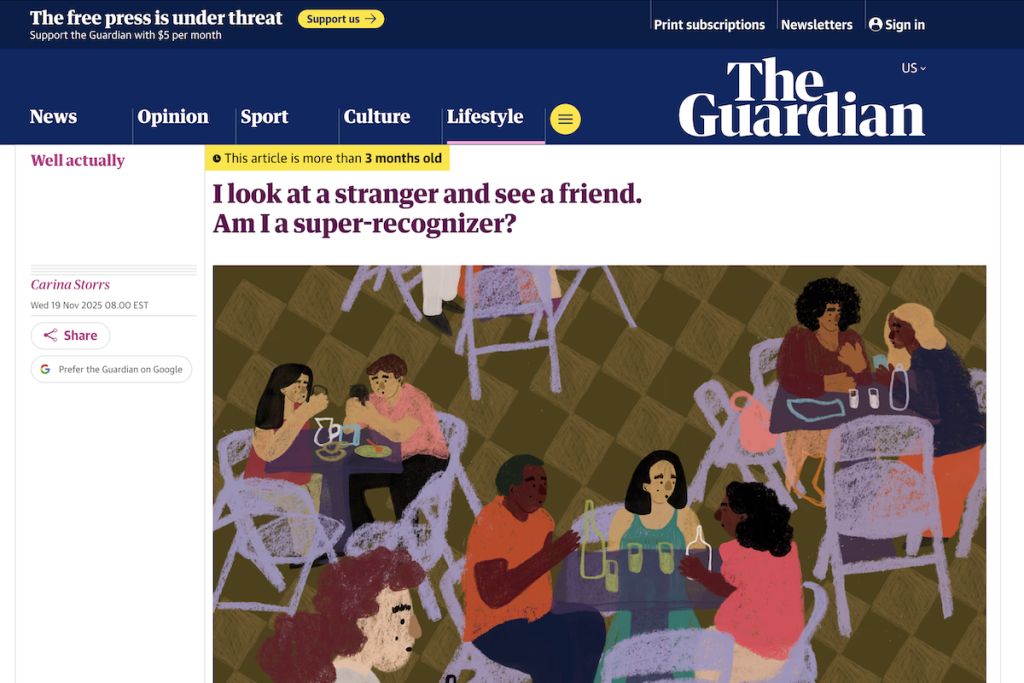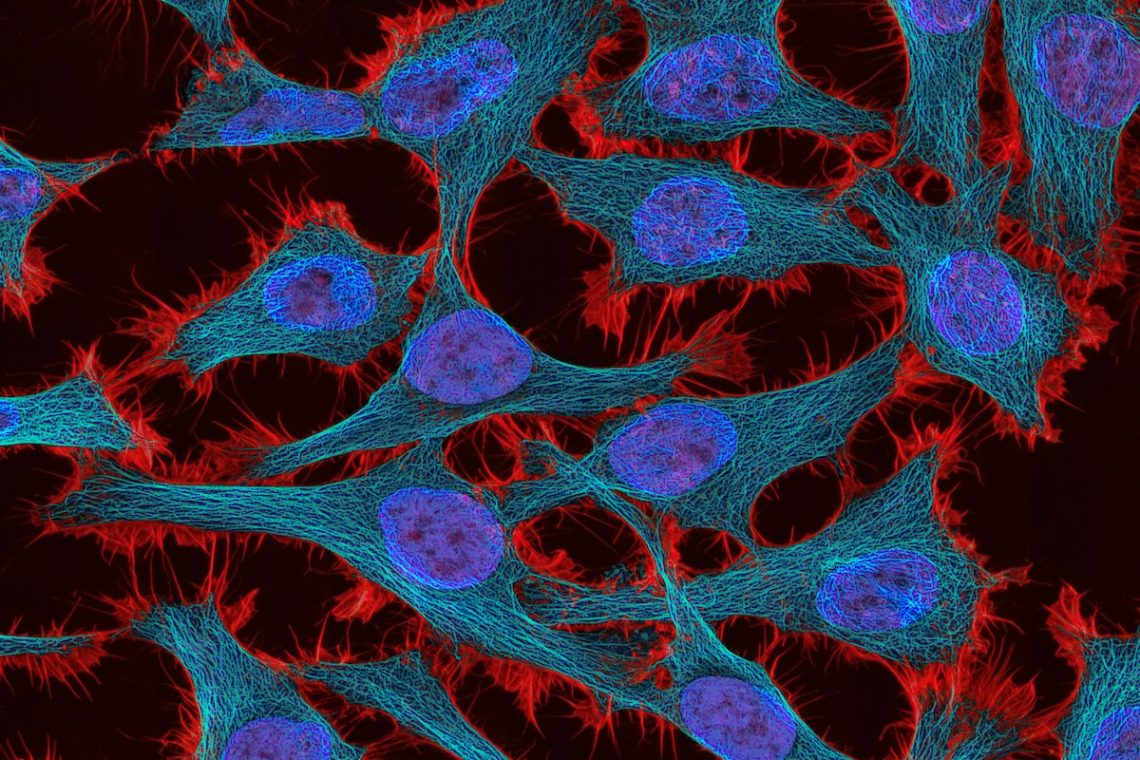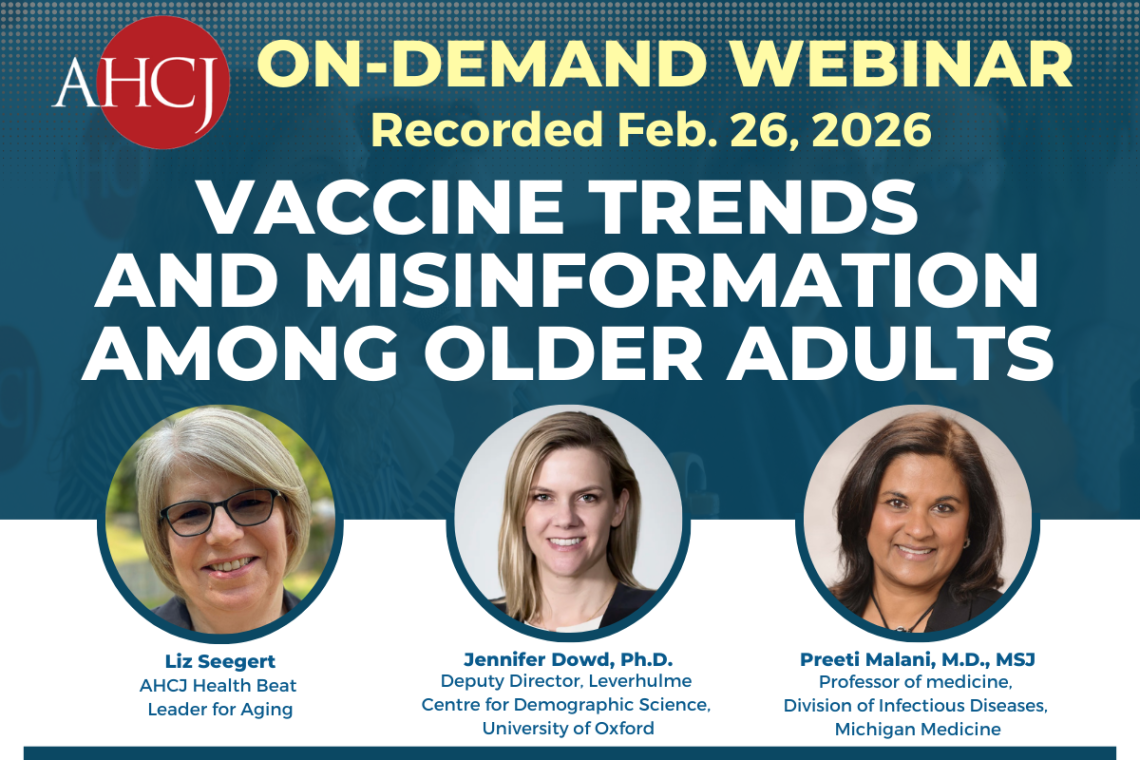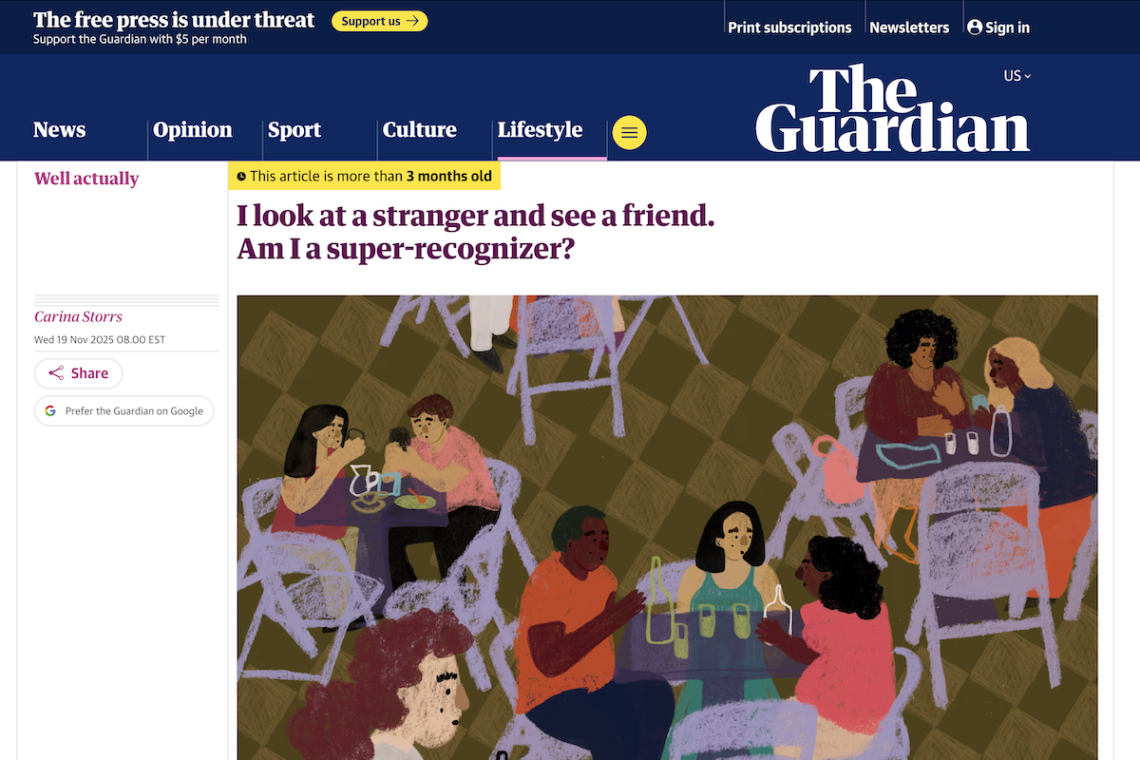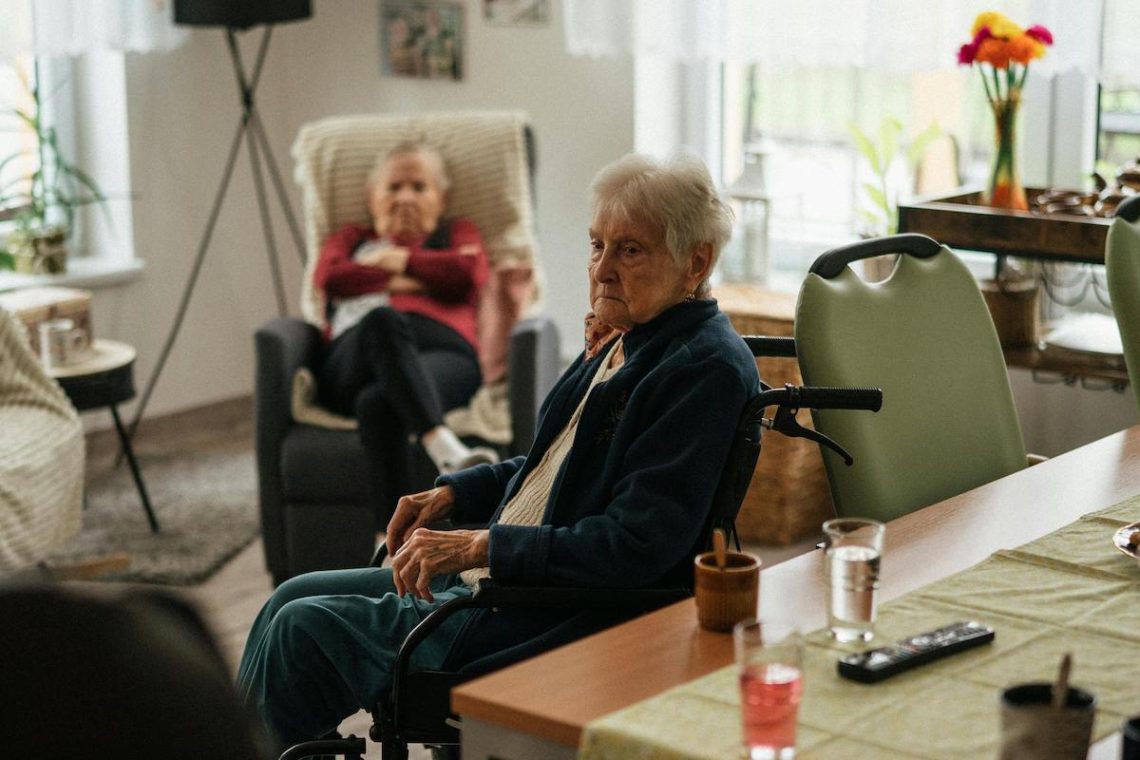Health Beat
Monitoring the Pulse of Health Care Journalism
Ad
-
How to care for your mental health over the next few years
A second Trump administration will likely make health reporters’ jobs more chaotic (again). Here’s how journalists — and a psychologist…

-
Will at-home screening methods for cervical cancer impact patient health?
Updated federal guidelines for cervical cancer screening may increase testing — but will it also cause women to skip annual…

-
Karen Blum to lead AHCJ’s new AI and Patient Safety beat
In this role, Blum will guide coverage and develop resources to show how AI is reshaping health care and impacting…
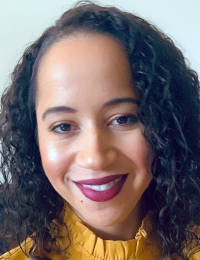
-
Vaccine trends and misinformation among older adults
In this webinar, epidemiology experts review the latest immunization trends, and discuss how to counter vaccine misinformation.

-
From PitchFest to publication: How a freelancer landed a Guardian feature on super-recognizers
Health journalist Carina Storrs’ feature on super-recognizers in The Guardian started with a meeting at AHCJ’s PitchFest.

-
‘Shadow AI’ on the rise in health care as patients report less trust, surveys say
Recent surveys found unauthorized AI tools, or “shadow AI,” have been used in about 40% of hospitals while 93% of…

-
Progress and challenges on Europe’s pathway to clean air
As the United States falls behind on clean air policy, health journalists can look at progress in Europe and report…
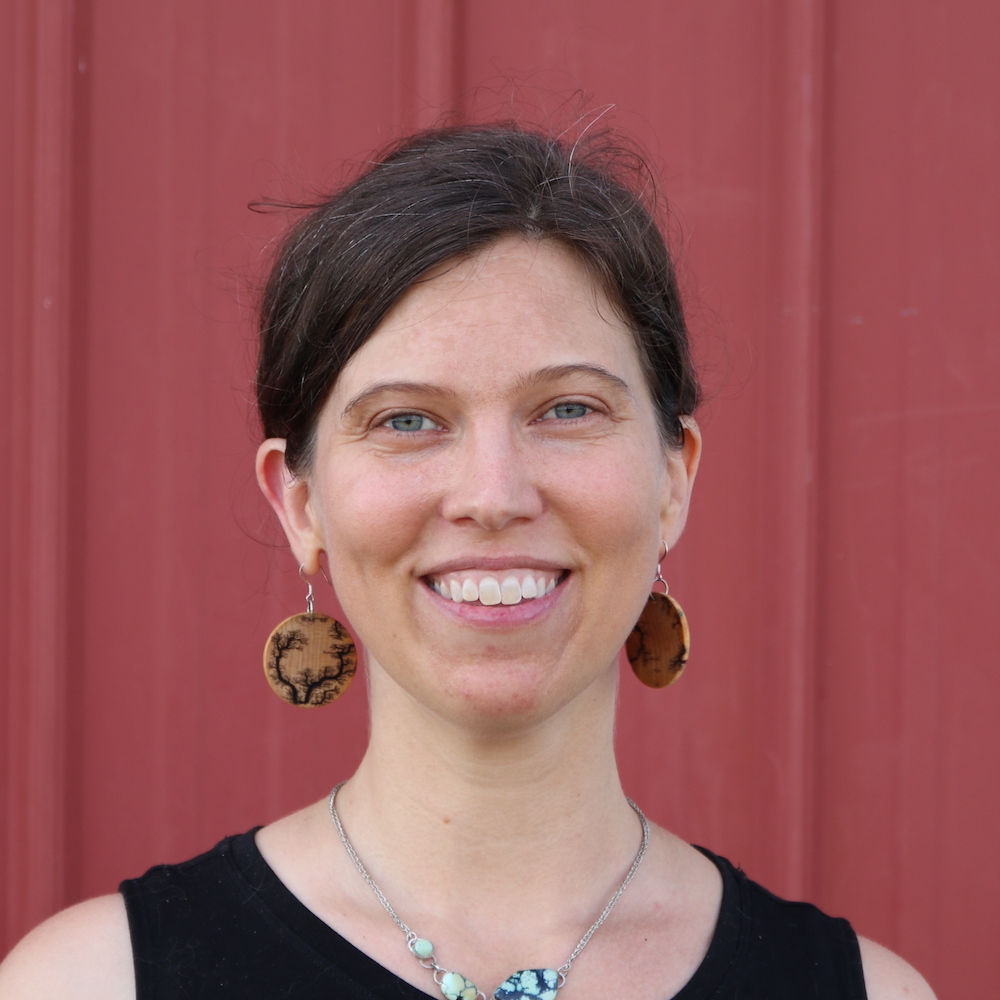
-
Reporter’s series on Michigan nursing homes spurs legislative action
See how Bridge Michigan’s Robin Erb caught legislators’ attention with her coverage on nursing home staff shortages, patient harm and…

-
Report shows weak hospital and health plan price transparency across 10 US markets
A recent report on health industry price transparency identified fees hidden from employers — raising questions on what else was concealed.

-
How freelancer Mohana Ravindranath covered direct-to-consumer medical tests
Take an inside look at freelancer Mohana Ravindranath’s investigation into the rise of direct-to-consumer preventive screening tests.

Featured Resources
Work the Health Beat.
Get exclusive news and training opportunities from AHCJ in your inbox once a week.
